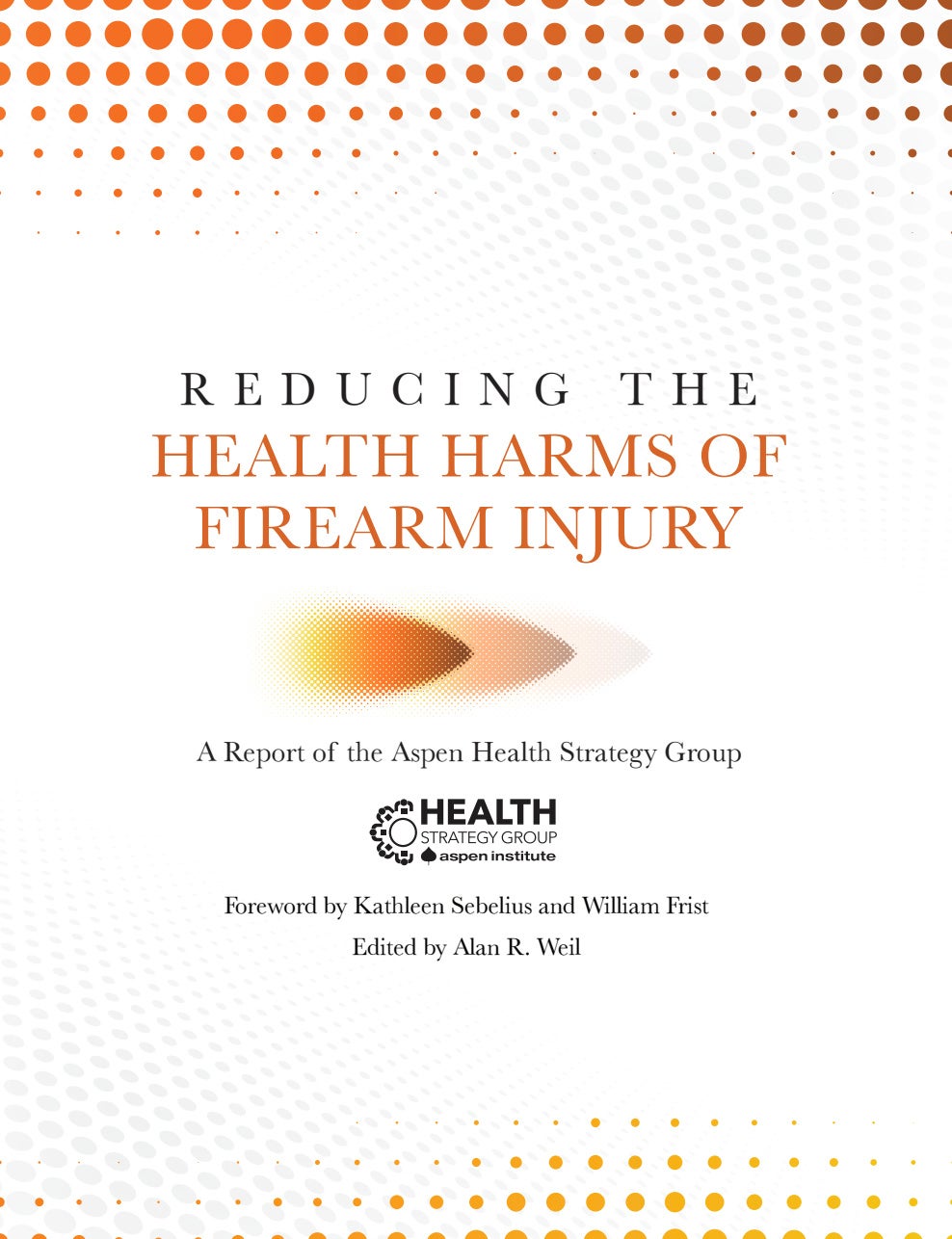The Aspen Global Innovators Group in partnership with the Aetna Foundation launched the first cohort of the Healthy Communities Fellowship in September 2018 to amplify the voices of community leaders addressing. See below the fellows, Jerry Blassingame, Megan Cunningham, Nicolle Gonzales, Dr. Nicole Harris-Hollingsworth, Jennie Joseph, and Maria Valenzuela, group op-ed on how we should all work together to create healthier communities.
There’s a growing body of scientific evidence that trees work together for the benefit of a forest. A tree stump can be kept alive by neighboring trees that channel water and nutrients to it through an interconnected root system. Trees that look like they stand alone leaning into the wind and rain, trees that may appear defeated, are actually sustained by other trees. Their fates are linked to the health of the ecosystem overall.
It’s like that with people in communities, too.
This year, the six of us came together as the inaugural class of the Aspen-Aetna Healthy Communities Fellowship. The idea was to help us promote change locally and spread our messages to improve the health of communities across the country.
You wouldn’t think the six of us have much in common. We speak Spanish, Navajo, and English with a British accent. We have a range of professional backgrounds and have dedicated our lives to different causes:
- Nicolle is fighting for indigenous women’s reproductive rights.
- Maria makes sure that Hispanic Latino communities have access to quality health care and prevention education.
- Jerry trains previously incarcerated individuals and lobbies for legal system reform.
- Megan works to close the life expectancy gap in Chicago.
- Nicole helps hospitals partner with communities to promote well-being, not just treat sickness.
- Jennie has proven that it’s possible to eliminate racial disparities in maternal child health.
Yet as we have learned more about one another – more about what motivates us, or what makes our work hard – we discovered common bonds. And we came to realize that we cannot be successful in our individual pursuits without pushing collectively for systemic changes that get at the root causes of health.
- We must confront structural and institutional racism. This year marks an unhappy anniversary: 400 years ago, the first Africans were sold into bondage in North America. The inequities we grapple with today didn’t come to be by chance; it took policies like the redlining that segregated Chicago and New York City, and the genocide of indigenous peoples. It is only by acknowledging this legacy and enacting policies to promote racial equity that we can begin to heal our wounds. In the absence of a president who models this value, cities and big institutions like health systems can lead the way.
- We must support the knowledge that exists within communities. People from the neighborhood who are thriving despite their chronic conditions can make the best health educators. People who got sent to jail for selling drugs may possess an entrepreneurial spirit that is the seed of success back home. Midwives who look like their mothers-to-be can provide the most culturally responsive care. Training and pathways to employment are essential to lift up people and communities that have been left behind.
- We must put resources behind prevention. Study after study has shown that an ounce of prevention really is worth a pint of cure. That means promoting health and well-being through initiatives like re-entry programs, peri- and post-natal supports for women and their children, community health education, and affordable housing; otherwise, we will continue to pay the human and financial cost of prisons, hospital care, and homelessness.
Individually, we might be concerned about immigrants or indigenous people, people living in disinvested neighborhoods or returning from jail. But if we do not address the root causes of health for all, our efforts will wither. And it will take skills that we’ve honed in our respective areas of expertise – be it health care, economic development, public health, organizing or advocacy – to improve quality of life at the community level.
Particularly at this moment in our nation’s history, leaders who care about advancing healthy communities must stand together. And, like trees in the forest, we must sustain each other in this work.

